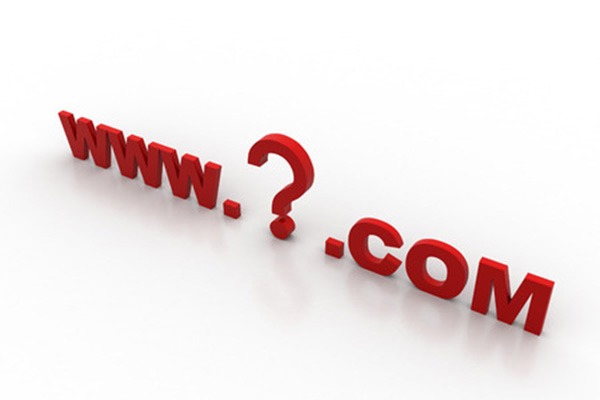Do I need to register a new domain name?

Existing domains, also known as registered and used domains, typically do not require re-registration unless they have expired and have not been renewed within the grace period. Domain registration is an ongoing process; once registered, the domain can continue to be used as long as the domain holder renews on time.
I. Domain Renewal
1. Automatic Renewal: Most domain registrars offer automatic renewal services. As long as there are sufficient funds in the account, the domain will automatically renew before its expiration date.
2. Manual Renewal: Domain holders can also choose manual renewal, which usually requires logging into the registrar's website before the domain expires.
3. Renewal Period: Domains can be renewed for multiple years at a time, with the longest renewal period typically being 10 years. The specific duration depends on the top-level domain (TLD) policy.
II. Domain Expiration and Grace Period
1. Expiration: If a domain is not renewed on time after its expiration, it will enter an expired state, at which point the website will be inaccessible.
2. Grace Period: Most domain registrars offer a grace period, usually 30 days, during which the domain can still be renewed.
3. Redemption Period: If the domain is not renewed after the grace period, it will enter the redemption period. Renewal costs will be higher during this time, and it must be done through the registrar.
III. Domain Re-registration
1. Deletion Period: If the domain is not renewed after the redemption period, it will enter the deletion period. The domain will be permanently deleted, and anyone can re-register it.
2. Re-registration: Once a domain is deleted, the original holder must register it again when it reopens for registration if they wish to continue using it.
3. Auction: Sometimes, valuable domains are put up for auction after deletion. The original holder must participate in the auction to regain access.
IV. Precautions
1. Monitor Domain Status: Domain holders should regularly monitor the domain's expiration status to ensure timely renewal.
2. Update Contact Information: Ensure the contact information recorded by the registrar is up-to-date to receive renewal reminders and important notifications.
3. Privacy Protection: Using domain privacy protection services can prevent personal information leaks, but it's also important to ensure you can receive communications from the registrar.
4. Domain Transfer: Before a domain expires, the holder may consider transferring it to another registrar to obtain better renewal terms or services.
Older domains usually do not require re-registration; they can continue to be used as long as the renewal fee is paid as required. However, if a domain expires and is not renewed within the grace period, it may be deleted, in which case the original holder will need to re-register it. The renewal, expiration, and re-registration process involves multiple stages, and domain holders need to understand these stages and take appropriate measures to protect their domain assets.
Domaincn.com Committed to providing fair and transparent reports. This article aims to provide accurate and timely information, but should not be construed as financial or investment advice. Due to the rapidly changing market conditions, we recommend that you verify the information yourself and consult a professional before making any decisions based on this information.

